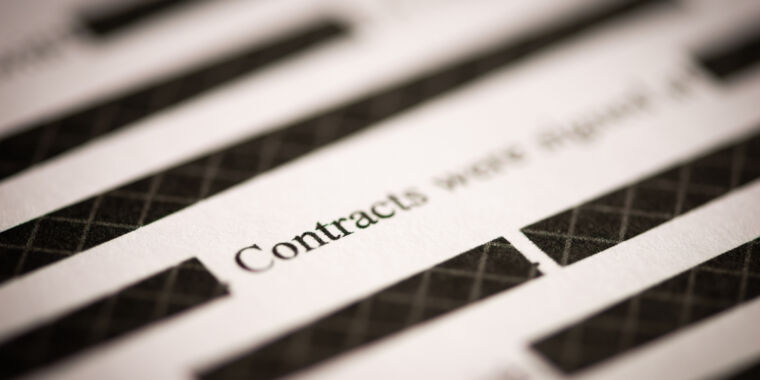Google has questioned the motivations of the US Justice Department's top antitrust official in a filing to a district court, arguing that his past clients create an ethical conflict and raise doubts about the government's lawsuit against the tech giant.
The US Justice Department has started a 10-week trial against Google, accusing the company of monopolistic practices in dominating the search engine market through its business partnerships, including with Apple, to ensure its search engine is the default on mobile devices.
The trial against Google, initiated by the Department of Justice (DOJ), will test the Biden administration's efforts to rein in the power of tech giants and curb Google's dominance in online search, which could have broad implications for other investigations into companies like Amazon and Apple.
The biggest tech monopoly trial in decades, where the US Department of Justice and state attorneys general will argue that Google violated anti-monopoly law through exclusive agreements, begins on Tuesday.
Google is facing a historic legal battle against the U.S. government in a generational antitrust case that questions the company's dominance in internet search and its contracts with device makers, including a lucrative deal with Apple.
The landmark anti-monopoly trial against Google continues with tensions over confidentiality restrictions and accusations of rule violations.
The Justice Department's antitrust trial against Google began with claims that the company pursued agreements to be the default search engine on mobile devices, while Google argued that its search engine's quality was the primary reason for such agreements.
Verizon executive Brian Higgins will be the first witness in the Justice Department's antitrust trial against Google, facing questions about the search giant's agreements with wireless carriers to be the default on their smartphones.
The US Justice Department questions Verizon executive about pre-installing Google software on mobile phones, as part of antitrust case against Google.
The U.S. Justice Department objects to excluding the public from court discussions on Google's pricing for online advertising, arguing that it is essential information in the antitrust case against the tech giant.
The Department of Justice was ordered to remove exhibits from its website in the antitrust trial against Google after Google complained that the DOJ was sharing trial exhibits online. Judge Amit Mehta stated that the exhibits are public documents once admitted into evidence, but a final ruling on public access is yet to be made.
The Department of Justice has filed an antitrust lawsuit against Google, alleging that the company's billion-dollar deals to be the default search engine on smartphones have created a monopoly, and if the trial is successful, Google may be forced to break up its various businesses.
Efforts to limit transparency and seal testimony in the federal antitrust case against Google have made it one of the most secretive trials of the past few decades, with more than half of the trial's testimony being given behind closed doors and major companies like Apple and Microsoft also pushing for secrecy.
Apple executive Eddy Cue testified in the US v. Google antitrust trial, stating that Apple believed in protecting user privacy and that Google was the best search engine option, while the Justice Department questioned whether Apple's choice was based on economics or the best product.
Microsoft CEO Satya Nadella testified at the Google antitrust trial, supporting the Department of Justice's argument that Google used unfair tactics, such as default search contracts, to block competitors like Bing, but also acknowledging the difficulty of challenging Google's dominance in the search market.
